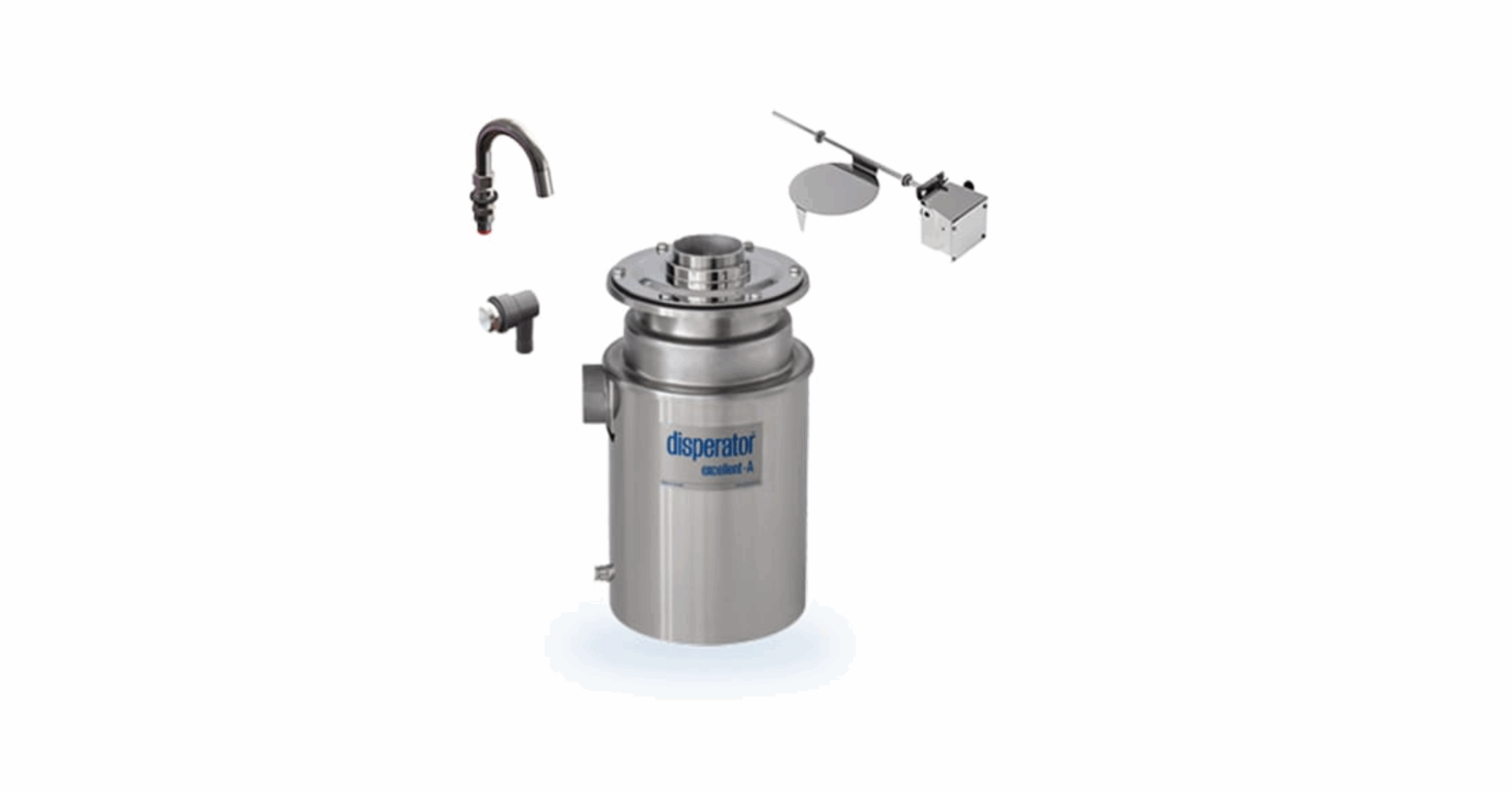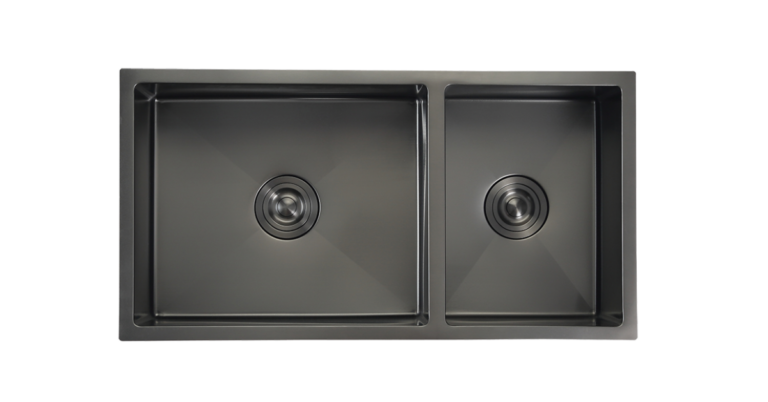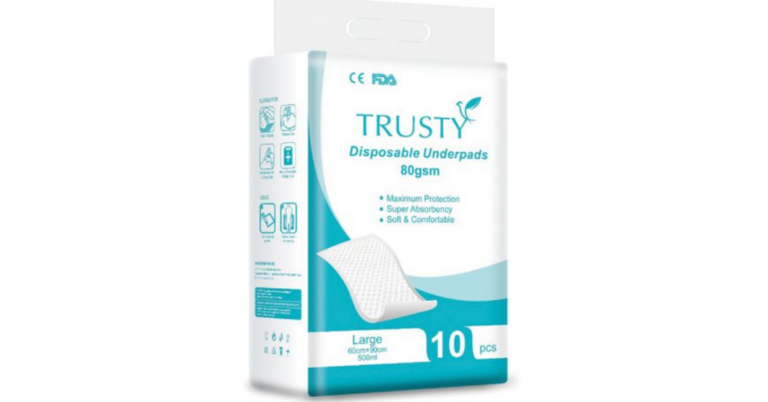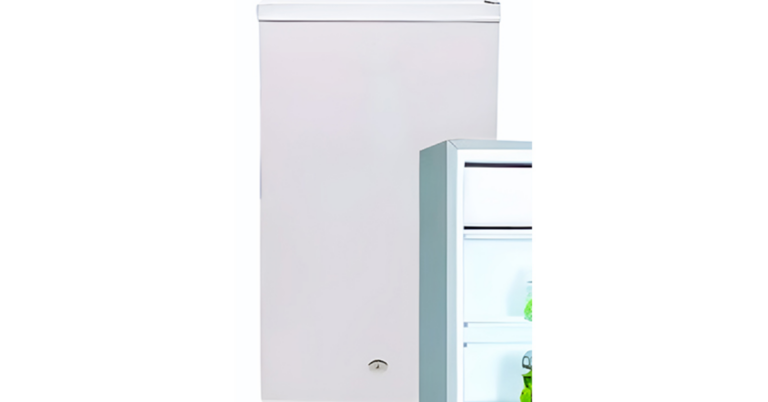Marine Food Waste Disposer 220V: An Essential Galley Solution for Cruise Ships and Vessels
The Marine Food Waste Disposer 220V is a vital piece of equipment for modern ships, cruise liners, and offshore platforms, ensuring efficient waste management and compliance with international maritime regulations. With the growing emphasis on environmental sustainability and operational efficiency at sea, the adoption of advanced waste disposal systems is no longer optional—it is a necessity. This powerful disposer has been designed to handle the specific challenges of marine environments, where space is limited, waste volume is high, and hygiene is paramount.
The Need for Food Waste Management at Sea
Onboard vessels, particularly large cruise ships and commercial ships, kitchens and galleys operate on a massive scale. Thousands of meals are prepared daily, which inevitably generates significant amounts of organic food waste. Unlike land-based operations, where waste can be collected and transported to treatment facilities, ships must manage waste efficiently within a confined environment. Without a reliable system like the Marine Food Waste Disposer 220V, the accumulation of organic waste can lead to hygiene issues, unpleasant odors, and even attract pests.
Moreover, maritime operations are strictly regulated by international conventions such as MARPOL (International Convention for the Prevention of Pollution from Ships), which sets stringent guidelines for how waste should be processed and disposed of at sea. Failure to comply can result in heavy fines and reputational damage for shipping companies. By incorporating an advanced disposer system, ship operators can meet these regulations while maintaining cleanliness and efficiency in their kitchens.
Key Features of the Marine Food Waste Disposer 220V
This equipment is designed specifically for the demanding conditions of a marine environment. Some of its core features include:
-
Durability and Corrosion Resistance
Since the disposer is used at sea, it is exposed to salty air, moisture, and constant vibrations. The unit is typically built with stainless steel and anti-corrosion materials to ensure longevity, even in harsh marine conditions. -
High-Power Motor Operation
The 220V power specification ensures that the disposer has enough torque to grind large quantities of food waste, including bones, vegetable peels, and fibrous materials, into fine particles. This reduces the waste volume significantly and makes storage and treatment easier. -
Compact Design for Marine Galleys
Space is always at a premium in ship kitchens. The Marine Food Waste Disposer 220V is designed to be compact yet powerful, fitting easily into galley layouts without compromising efficiency. -
Safety Features
Marine environments require equipment with enhanced safety measures. These disposers come with overload protection, emergency stop functions, and advanced sealing to prevent leaks or malfunctions. -
Ease of Maintenance
With quick-access parts and simple cleaning systems, these disposers are easy to maintain. This minimizes downtime, which is crucial on busy vessels.
Environmental and Regulatory Benefits
The environmental advantages of using a marine food waste disposer are substantial. Instead of dumping untreated food waste directly into the ocean—a practice that is heavily restricted—ships can grind and process waste to meet discharge regulations. The fine particles generated by the disposer are easier to store, transport, or pass through treatment systems such as dewatering units or incinerators.
In addition, compliance with MARPOL Annex V regulations becomes more streamlined when using such equipment. Operators can be confident that food waste is being processed in a way that minimizes environmental impact and aligns with global sustainability goals. This is particularly important for cruise operators, whose reputation depends on showcasing eco-friendly practices to passengers.
The Role of Disposers in Modern Marine Operations
As ships become larger and more advanced, galley operations have grown increasingly complex. On a cruise ship carrying over 3,000 passengers, for example, food preparation and disposal can involve several tons of organic waste daily. Without a system like the Marine Food Waste Disposer 220V, managing this volume of waste would be logistically impossible.
Efficient waste disposal also enhances hygiene in galley areas. Food waste left unprocessed can quickly lead to bacterial growth and unpleasant odors, compromising the onboard dining experience. By grinding waste immediately after food preparation, galley staff can maintain a cleaner and more sanitary working environment.
Cost Efficiency and Long-Term Value
Investing in a marine-grade food waste disposer also delivers significant cost savings over time. While the upfront investment may seem high, the long-term benefits outweigh the costs. Reduced labor in handling waste, improved galley efficiency, and compliance with environmental regulations all translate into financial advantages.
Additionally, by reducing the size and volume of waste, ships can cut down on storage requirements and associated costs. This is particularly important for long voyages, where onboard waste storage space is limited.
Installation and Integration
The Marine Food Waste Disposer 220V is designed for seamless integration into marine galleys. Depending on the vessel type, disposers can be installed under sinks, worktables, or as part of a centralized waste management system. Their compatibility with existing galley infrastructure makes them a versatile choice for both new vessels and retrofitted ships.
Professional installation is recommended to ensure that the unit is correctly connected to plumbing and electrical systems. Once installed, disposers require minimal training for operation, allowing galley staff to use them effectively from day one.
Future of Marine Waste Disposal
Looking ahead, the role of waste management systems on ships will only grow in importance. With stricter international regulations and increasing awareness of marine pollution, operators must adopt sustainable solutions. Advanced disposers, coupled with integrated waste treatment technologies, will define the future of eco-friendly shipping operations.
Innovations such as smart monitoring, automatic load adjustment, and energy-efficient motors are already being incorporated into modern models. These advancements further improve efficiency while reducing the environmental footprint of maritime operations.
Conclusion
The Marine Food Waste Disposer 220V is not just an appliance—it is a critical component of modern marine operations. It ensures compliance with international regulations, improves galley hygiene, reduces waste volume, and supports environmental sustainability. For shipowners, cruise operators, and galley managers, investing in this equipment means smoother operations, happier passengers, and a greener future for the marine industry.
As the maritime world continues to evolve, solutions like this disposer will remain at the forefront of innovation, helping the industry balance efficiency, safety, and environmental responsibility on every voyage.




